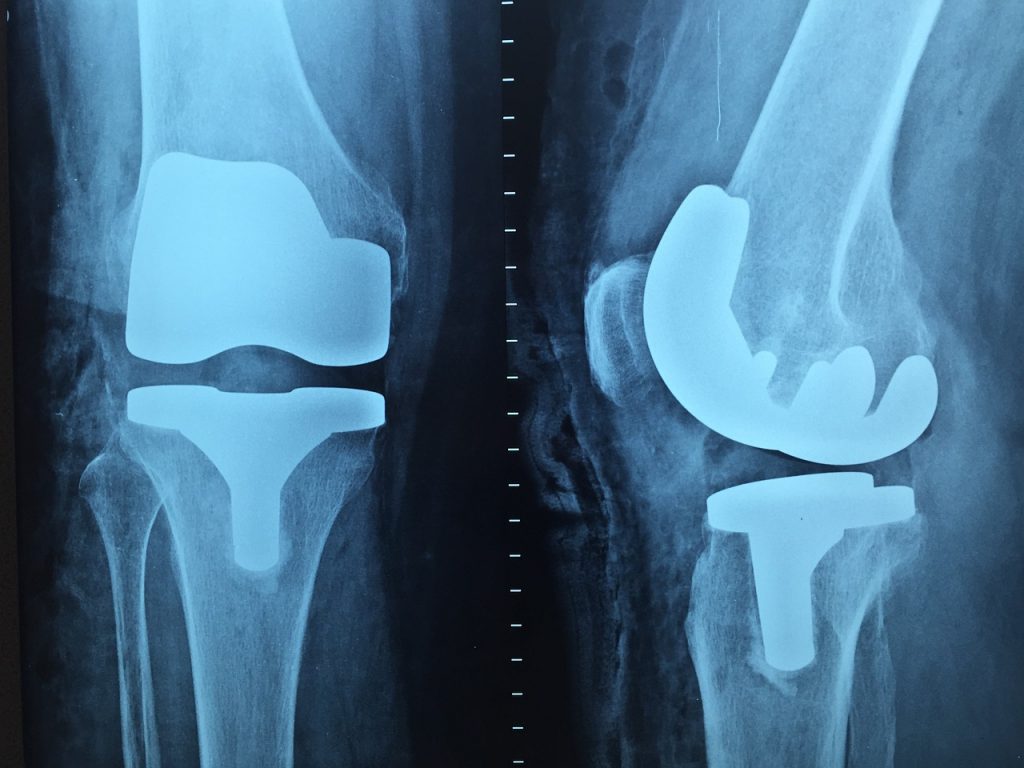Introduction
In recent years, there has been a significant shift towards holistic approaches to healthcare, with osteopathy emerging as a cornerstone of modern wellness practices. This gentle yet effective form of manual therapy has gained considerable recognition for its comprehensive approach to health and healing, particularly in distinguished medical districts such as Marylebone, London.
Understanding Osteopathic Medicine
An osteopath Marylebone uses a form of manual medicine that focuses on treating the whole body rather than just specific symptoms. This hands-on approach to healthcare emphasises the relationship between the body’s structure and its function, recognising that all parts of the body work together in an integrated manner.
Core Principles of Osteopathy
The fundamental principles of osteopathy revolve around the concept that the body has an innate ability to heal itself. When visiting an osteopathic practitioner, patients can expect a treatment approach that encompasses:
- Manual manipulation of muscles and joints
- Soft tissue techniques
- Postural assessment and correction
- Lifestyle and ergonomic advice
The Integration of Modern Wellness Practices
Modern osteopathy has evolved to incorporate contemporary wellness practices, creating a more comprehensive approach to health. Combining osteopathic treatments with complementary practices such as yoga and mindful movement has shown remarkable results in improving overall well-being.
Benefits of Osteopathic Treatment
The holistic nature of osteopathy makes it particularly effective for treating various conditions. When seeking osteopathic needs, practitioners often address:
- Chronic back and neck pain
- Sports-related injuries
- Postural problems related to workplace ergonomics
- Pregnancy-related discomfort
- Stress-induced muscular tension
As the wellness industry continues to evolve, evidence-based osteopathic approaches to health and healing have become increasingly important in maintaining optimal physical function. The osteopathic community has been at the forefront of integrating traditional osteopathic principles with modern medical understanding.
The Science Behind Osteopathic Treatment
Research continues to support the effectiveness of osteopathic treatments in managing various conditions. Studies have shown significant improvements in patient outcomes, particularly in cases involving musculoskeletal issues and chronic pain management. This scientific validation has helped establish osteopathy as a respected therapeutic approach within conventional healthcare settings.
Patient-Centred Approach
One of the distinguishing features of osteopathic treatment is its highly individualised nature. Practitioners take time to understand each patient’s unique circumstances, including their lifestyle, work environment, and medical history. This comprehensive evaluation allows for the development of tailored treatment plans that address both immediate symptoms and underlying causes.
Prevention and Long-term Wellness
Beyond treating existing conditions, osteopathy plays a crucial role in preventing future health issues. Practitioners emphasise the importance of:
- Regular body maintenance
- Proper posture and movement patterns
- Stress management techniques
- Lifestyle modifications
The Future of Osteopathic Medicine
As healthcare continues to evolve, osteopathy is positioned to play an increasingly important role in modern wellness. The integration of technology and advanced diagnostic tools, combined with traditional hands-on techniques, ensures that osteopathic medicine remains at the forefront of holistic healthcare delivery.
Conclusion
The role of osteopathy in modern wellness continues to expand, offering patients a balanced approach to health that combines traditional wisdom with contemporary medical understanding. As more people seek alternatives to conventional medical treatments, osteopathy provides a scientifically-grounded yet holistic option for maintaining optimal health and managing various conditions.
The growing acceptance of osteopathic medicine within the mainstream healthcare system reflects its effectiveness and the increasing recognition of the importance of treating the whole person rather than just individual symptoms. As we move forward, the principles of osteopathy remain as relevant as ever, offering valuable solutions for those seeking a comprehensive approach to their health and well-being.


















